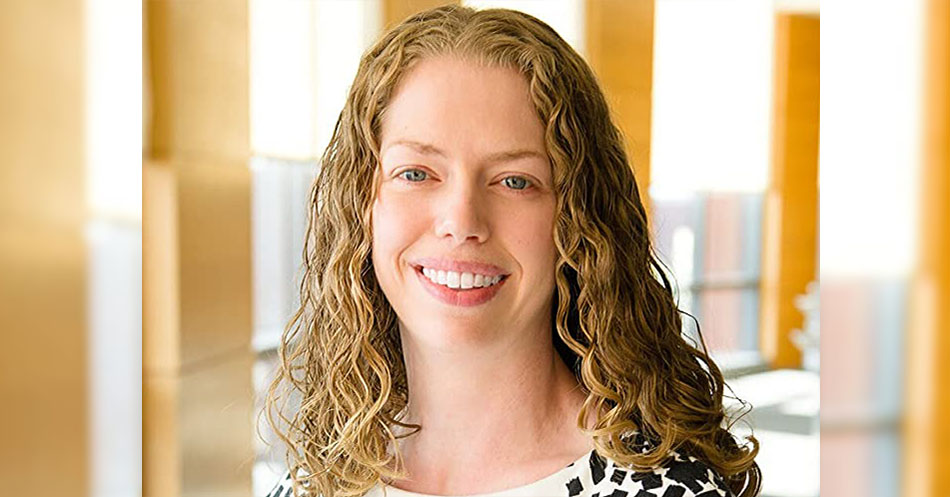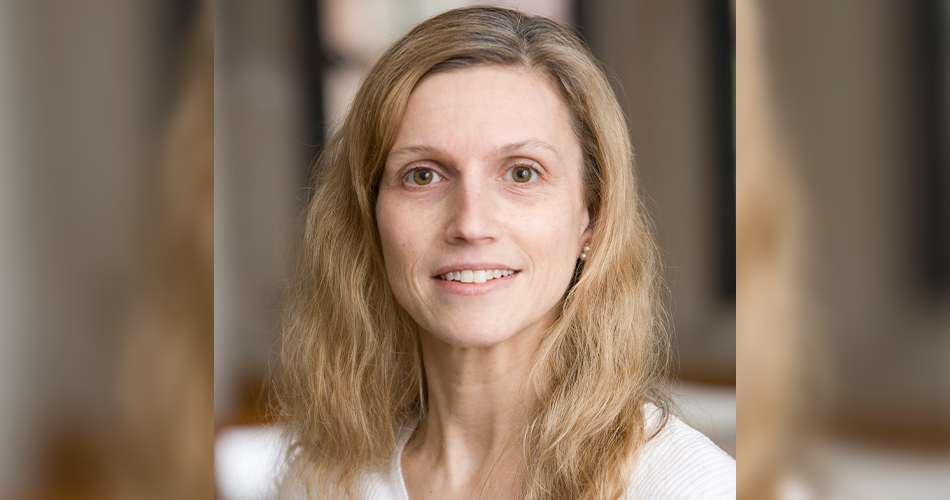Why Behavioral Economics needs Artificial Intelligence; and Artificial Intelligence needs Behavioral Economics
Sendhil Mullainathan (Chicago Booth) will present the ninth annual Paul Volcker Lecture in Behavioral Economics. Mullainathan is the Roman Family University Professor of Computation and Behavioral Science at Chicago Booth. His current research uses machine learning to understand complex problems in human behavior, social policy, and especially medicine, where computational techniques have the potential to uncover biomedical insights from large-scale health data. In past work he has combined insights from economics and behavioral science with causal inference tools—lab, field, and natural experiments—to study social problems such as discrimination and poverty.
Thursday, March 28, 2024
4:00-5:30 p.m.
Strasser Legacy Room, 220 Eggers Hall

How to Change: Adapting for a Post-Pandemic World
Katy Milkman (University of Pennsylvania) gave the seventh annual Paul Volcker Lecture in Behavioral Economics
Milkman is the James G. Dinan Professor at the Wharton School of the University of Pennsylvania. She also co-founded and co-directs the University of Pennsylvania’s Behavior Change for Good Initiative, alongside her Wharton colleague, Angela Duckworth.
March 10, 2022
Applying Behavioral Insights to the Design of Public Policy
Dr. Brigitte Madrian, dean and Marriott Distinguished Professor in the Brigham Young University Marriott School of Business where she has a joint appointment in the Department of Finance and the George W. Romney Institute of Public Service and Ethics, will explore how to use behavioral insights to improve vaccination rates.
March 29, 2021
What Might be Wrong with Behavioral Economics
Deirdre Nansen McCloskey, Distinguished Professor of Economics, History, English and Communication at the University of Illinois at Chicago; physician and epidemiologist, discusses why she considers the application of psychology to economics to be misguided social planning.
April 8, 2019
Restoring the American Dream: New Lessons from Big Data
Raj Chetty, professor of economics at Stanford, presents data showing that there is tremendous variation in rates of upward mobility in the U.S., with some cities, like San Francisco, offering rates of upward mobility comparable to Canada and others, such as Atlanta, offering lower rates than any country in the world.
Chetty uncovers and analyzes key factors that explain these differences in upward mobility and how policies can be changed to revive the American Dream.
March 26, 2018

Lawmaking in a Behavioral Economics World
Christine Jolls, Gordon Bradford Tweedy Professor at Yale Law School and director of the Law and Economics Program at the National Bureau of Economics Research, gave the third annual Paul Volcker Lecture in Behavioral Economics.
April 13, 2017
Phishing for Phools
With George A. Akerlof, renowned behavioral economist and 2001 Nobel Laureate in Economic Sciences (Georgetown University)
September 28, 2016
Speculative Prices, Inflation, and Behavioral Economics
Robert J. Shiller, renowned behavioral economist and 2013 Nobel Laureate in Economic Sciences, delivered the inaugural Paul Volcker Lecture in Behavioral Economics.
March 19, 2015